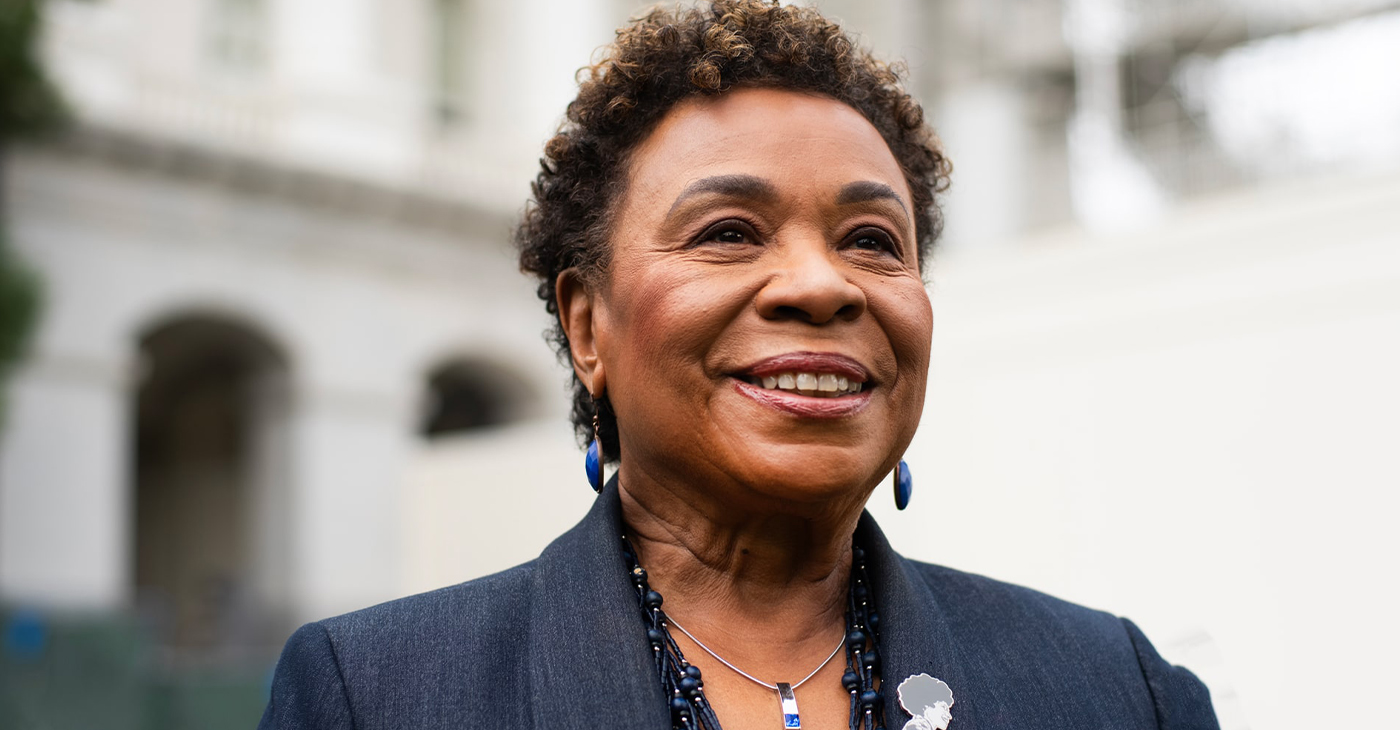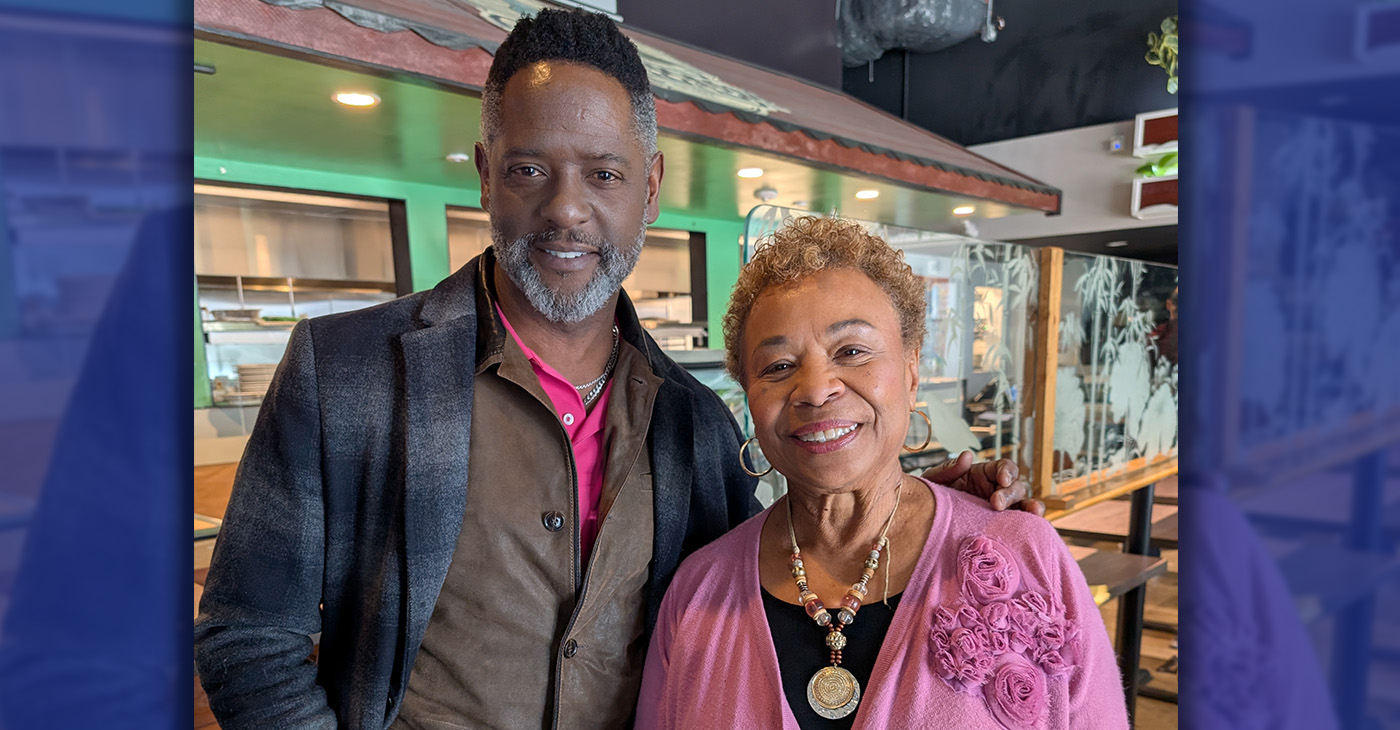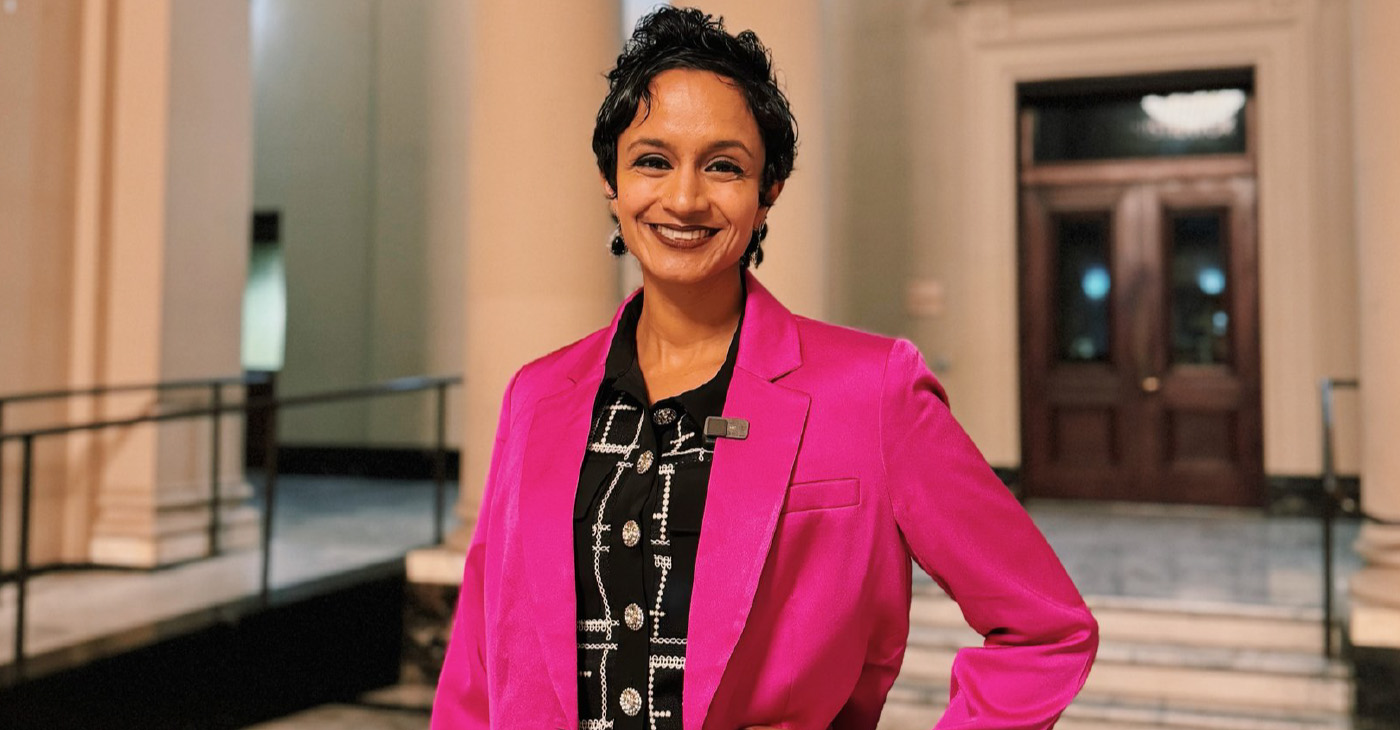Op-Ed
Baltimore: We Have Been Here Before
By Jesse L. Jackson, Sr.
NNPA Columnist
Now it is Baltimore. There Freddie Gray, a Black man, was stopped on the street, pinned to the ground, dragged to the back of a police wagon, and died in police custody. Six officers were suspended. The mayor promised justice. But the city erupted in non-violent demonstrations that turned ugly, despite Gary’s family pleading for peace. Over three dozen were arrested. “Oh, Baltimore,” sang Nina Simone in 1978, “Ain’t it hard just to live.
Baltimore is a tale of two cities. The Inner Harbor now glimmers with new restaurants, new condominiums, the stadiums that house the Ravens and the Orioles. West Baltimore, in contrast, is marked by boarded up stores, abandoned homes, and too many people with no hope. The jobs are gone; the schools crowded, the streets harsh. Here the police – many of whom live in the suburbs – are tasked with waging a war on drugs and enforcing order. The inevitable result is a tinderbox, a spark away from bursting into flame, one incident of police misbehavior from eruption.
We’ve been here before; Baltimore is not unique. We’ve seen Michael Brown in Ferguson, Mo., Eric Garner in Staten Island New York, and Trayvon Martin in Sanford Fla. Now that demonstrations have put the question of police violence on the front pages, each week brings another horror, another victim, another injustice.
Much focus has been put on cameras as a technical fix, but we need a change of culture, of character, of circumstance. Police need new training, and a new relationship with the communities they patrol. But at the end of the day, police are not the answer. They are the occupying force, but they are not the cause of the underlying distress.
We’ve been here before, too. In 1968, after race riots had erupted in Watts,
Chicago, Detroit and Newark, Lyndon Johnson convened the Kerner Commission to investigate the causes of the riots. The Kerner Report descried a nation “moving towards two societies, one black, one white, separate and unequal.” It called for better training for the police, but also for new jobs, new housing, an end to de factor segregation. Police misbehavior was often the match that sparked the eruption, but there would be no answer without fundamental change.
Baltimore and America have changed, but for too many in our ghettos and barrios, the reality is the same. The New York Times reports on 1.5 million “missing black men,” one of every six aged 24 to 54 who have disappeared from civic life. They are either dead or locked away. Jobs have dried up as manufacturing plants closed and where shipped abroad. Mass incarceration – with African Americans still suffering from racial profiling and injustice – destroys possibility. The official Black unemployment rate is twice that of whites, but that does not even count those who want a job but have given up trying to find one.
The stigmatization of African Americans continues. African American children are more likely to be suspended for the same misbehavior than Whites. African American men are more likely to be stopped, more likely to be arrested if stopped, more likely to convicted if arrested. The result hurts African Americans generally. The Harvard sociologist Devah Pager has found that a White with a criminal record has a better chance getting hired than Black with no record whatsoever. Being Black in America today is just about the same as having a felony conviction in terms of one’s chances of finding a job,” she concludes.
We need a serious plan for urban redevelopment. We need a plan to put people to work, a public works project that hires and trains and employs people in work that needs to be done. We could provide guarantees to pension funds to invest in rebuilding the boarded up homes. We could train young people to retrofit buildings with solar and energy efficient insulation and windows. We could insure that transportation exists to take workers to where the jobs are.
Baltimore has put us on notice once more. Our cities are at a breaking point. There are more horrors to come, more explosions to follow. 50 years after the Kerner Commission, we ignore its teachings at our peril.
Jesse L. Jackson, Sr. is founder and president of the Chicago-based Rainbow PUSH Coalition. You can keep up with his work at www.rainbowpush.org.
###
Activism
Oakland Post Endorses Barbara Lee
Barbara Lee will be able to unify the city around Oakland’s critical budget and financial issues, since she will walk into the mayor’s office with the support of a super majority of seven city council members — enabling her to achieve much-needed consensus on moving Oakland into a successful future.

As we end the celebration of Women’s History Month in Oakland, we endorse Barbara Lee, a woman of demonstrated historical significance. In our opinion, she has the best chance of uniting the city and achieving our needs for affordable housing, public safety, and fiscal accountability.
As a former small business owner, Barbara Lee understands how to apply tools needed to revitalize Oakland’s downtown, uptown, and neighborhood businesses.
Barbara Lee will be able to unify the city around Oakland’s critical budget and financial issues, since she will walk into the mayor’s office with the support of a super majority of seven city council members — enabling her to achieve much-needed consensus on moving Oakland into a successful future.
It is notable that many of those who fought politically on both sides of the recent recall election battles have now laid down their weapons and become brothers and sisters in support of Barbara Lee. The Oakland Post is pleased to join them.
Activism
Actor, Philanthropist Blair Underwood Visits Bay Area, Kicks Off Literacy Program in ‘New Oakland’ Initiative
These community activations were coordinated with the San Francisco-based non-profit program “Room to Read.” Ray said he is also donating his time to read and take pictures with students to encourage their engagement and to inspire them to read more. The inspirational book “Clifford Ray Saves the Day” highlights Clifford Ray’s true story of saving a dolphin.

By Paul Cobb
New Oakland Series
Opinion Part 3
The Post mentioned three weeks ago that a number of our local luminaries were coming together to support the “New Oakland” movement. As this current national administration continues to eliminate our “legacy” institutional policies and programs left and right, most communities find themselves beyond “frozen” in fear.
Well, esteemed actor, long-time Bay Area supporter, and philanthropist Blair Underwood returned to Oakland this week to speak with city leaders, community trust agents, students, the Oakland Post, and local celebrities alike to continue his “New Oakland” initiative.
This week, he kicked off his “Guess Who’s Coming to Read” literacy program in some of Oakland’s middle schools. Clifford Ray, who played the center position of the 1975 World Champion Golden State Warriors, donated close to 1,000 books. Ray’s fellow teammate Charles “The Hopper” Dudley also gave Converse sneakers to students.
These community activations were coordinated with the San Francisco-based non-profit program “Room to Read.” Ray said he is also donating his time to read and take pictures with students to encourage their engagement and to inspire them to read more. The inspirational book “Clifford Ray Saves the Day” highlights Clifford Ray’s true story of saving a dolphin.
Underwood also spent quality time with the Oakland Ballers ownership group and visited the amazing Raimondi Park West Oakland community revitalization site. In the 1996 TV film Soul of the Game, Underwood played the role of the legendary first Black Major League Baseball player Jackie Robinson and commended the Ballers owners.
“This group of sports enthusiasts/ philanthropists needs to be applauded for their human capital investment and their financial capital investment,” Underwood said. “Truly putting their money and passion to work,” Underwood said.
Underwood was also inspired by mayoral candidate Barbara Lee’s open-minded invitation to bring public-private partnership opportunities to Oakland.
Underwood said he wants to “reinforce the importance of ‘collaborative activism’ among those most marginalized by non-empathic leadership. We must ‘act out’ our discomfort with passionate intentions to create healthy change.”
Activism
Councilmembers Ramachandran, Kaplan, Unger Identify Funds to Save Oakland Fire Stations
Our budget crisis – one of the worst in Oakland’s history – is compounded by the fact that people do not feel safe coming to Oakland due to our public safety crisis. By investing in our fundamental public safety resources today, we can send a signal to the world that Oakland is open for business. We have such a rich and vibrant culture, arts, and food scene that is worth celebrating – but we can only showcase this if we are able to keep our neighborhoods safe. Having fully functioning fire stations are absolutely essential to these efforts.

By Janani Ramachandran
There is no greater concern to the people of Oakland today than public safety. Fire stations are the bread and butter of essential city services – and every day that we have stations shuttered, we imperil the lives of our community members. In response to widespread outcry over the current and planned closure of stations, myself, along with Councilmembers Kaplan and Unger, have painstakingly worked to identify millions of dollars of new funding to save our stations. The legislation we introduced on Thursday, February 13th, will amend our budget to prevent the closure of four fire stations that are currently on the chopping block due to our budget crisis and will re-open two closed stations that have already been closed – Station 25 and 28 – in the near future. The resolution that will provide the funding to keep our stations open will go before the full City Council for a vote at our meeting on Tuesday, March 4th at 3:30 PM – and we invite you to join us at City Hall to share your perspective on the topic.
Our budget crisis – one of the worst in Oakland’s history – is compounded by the fact that people do not feel safe coming to Oakland due to our public safety crisis. By investing in our fundamental public safety resources today, we can send a signal to the world that Oakland is open for business. We have such a rich and vibrant culture, arts, and food scene that is worth celebrating – but we can only showcase this if we are able to keep our neighborhoods safe. Having fully functioning fire stations are absolutely essential to these efforts.
With the devastating Los Angeles fire at the top of people’s minds, terrible memories of Oakland’s own wildfires are re-surfacing from the 1991 Oakland Hills Firestorm to the Keller fire just a few months ago – and how essential fire stations are to mitigating these catastrophes. But in Oakland, our fire stations don’t just fight wildfires – they also provide emergency medical services to our most vulnerable constituents, put out structural fires and encampment fires, and much more.
We recognize that there are a number of competing interests and important initiatives fighting for sparse City resources. But from my perspective, core safety services are the most pivotal functions that a City must spend its resources on – especially given the outcry we have heard around fire stations.
The fight to save our stations is not over. The resolution we introduced is a critical first step, and there are hurdles to overcome. If you support keeping our fire stations open, we invite you to be a part of the solution by making your voice heard at the March 4th City Council meeting at 3:30 pm.
-

 Activism3 weeks ago
Activism3 weeks agoAI Is Reshaping Black Healthcare: Promise, Peril, and the Push for Improved Results in California
-

 Activism3 weeks ago
Activism3 weeks agoBarbara Lee Accepts Victory With “Responsibility, Humility and Love”
-

 Activism3 weeks ago
Activism3 weeks agoNewsom Fights Back as AmeriCorps Shutdown Threatens Vital Services in Black Communities
-

 Activism3 weeks ago
Activism3 weeks agoESSAY: Technology and Medicine, a Primary Care Point of View
-

 Activism3 weeks ago
Activism3 weeks agoFaces Around the Bay: Author Karen Lewis Took the ‘Detour to Straight Street’
-

 Activism3 weeks ago
Activism3 weeks agoTeachers’ Union Thanks Supt. Johnson-Trammell for Service to Schools and Community
-

 Alameda County3 weeks ago
Alameda County3 weeks agoOUSD Supt. Chief Kyla Johnson-Trammell to Step Down on July 1
-

 Arts and Culture3 weeks ago
Arts and Culture3 weeks agoBOOK REVIEW: Love, Rita: An American Story of Sisterhood, Joy, Loss, and Legacy



















































